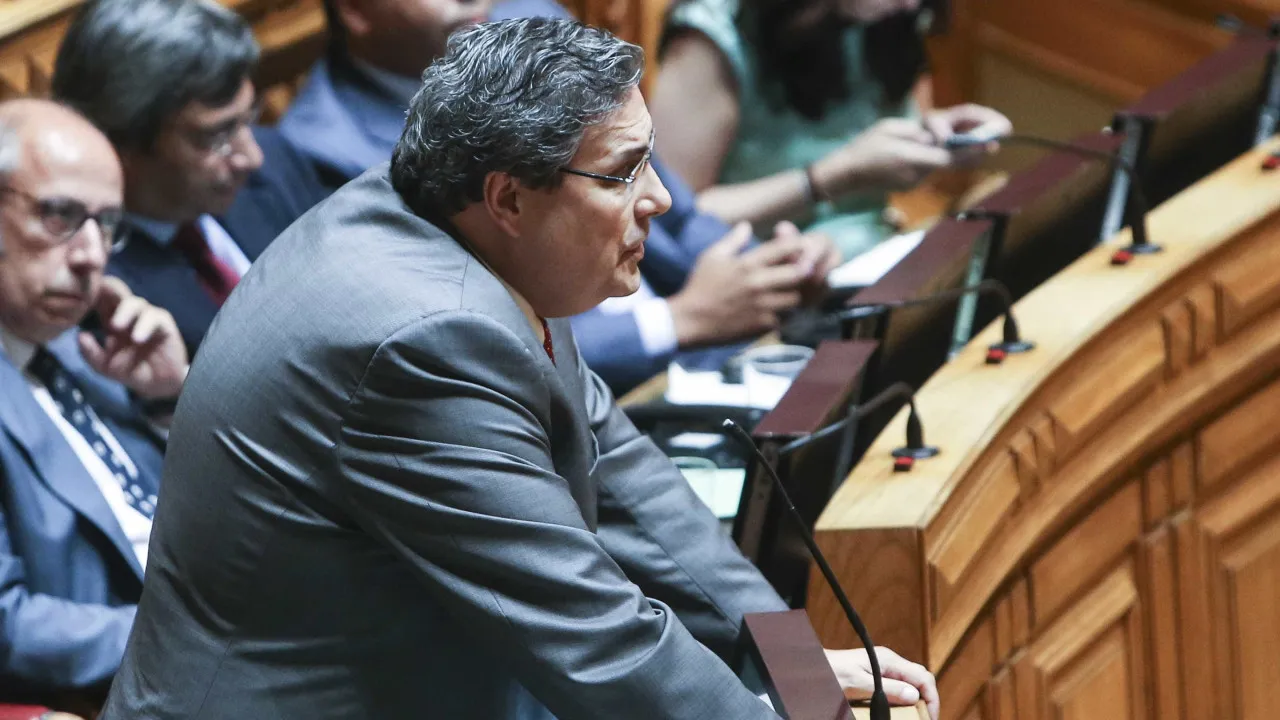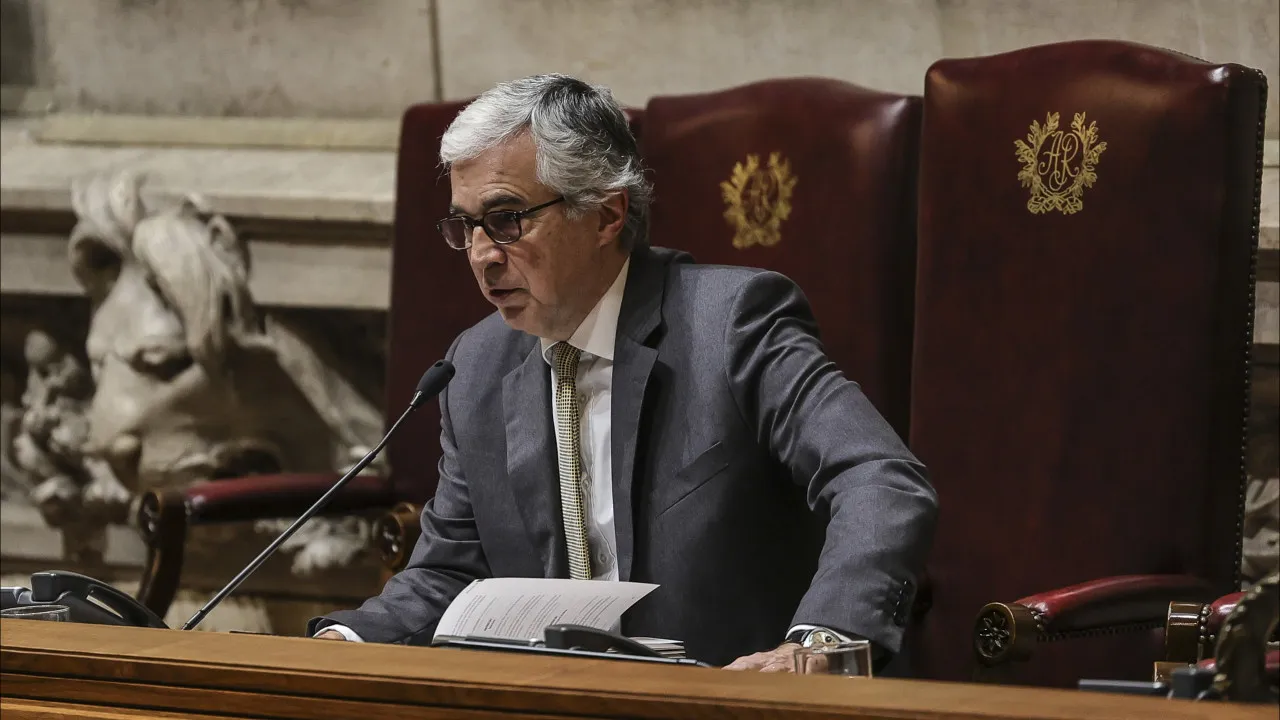
“The conscientious objection of healthcare professionals must not jeopardize patients’ rights,” stated psychologist and psychotherapist Joana Amen from the Association for Family Planning and Sexual Health of the Azores at the Regional Legislative Assembly’s Social Affairs Committee in Ponta Delgada today.
Amen emphasized that the high number of healthcare professionals citing conscientious objection to not perform voluntary termination of pregnancy for ethical, moral, or religious reasons often presents an “obstacle” to enforcing the law in the archipelago.
“Most women from the Azores seeking an abortion must travel outside the region,” noted Amen, recalling that the three hospitals in the Azores (Ponta Delgada, Terceira, and Horta) cannot meet all requests.
Data released by the Family Planning Association indicate that, in just one year, 158 Azorean women requested an abortion, but only 10% succeeded in doing so in the archipelago. The rest had to travel to the mainland, with the expense borne by the Regional Health Service’s budget.
The psychologist’s hearing followed two proposals by the PAN and Bloco de Esquerda deputies in the regional parliament, advocating for mechanisms to ease access to abortion for women residing in the archipelago.
Joana Amen advocates for an “updated list” of healthcare professionals in the Azores who are conscientious objectors to facilitate hospital administrations, which are often forced to send many patients out of the Azores for treatment.
Pedro Soares, president of the Azores Section of the Nurses’ Order, also addressed the deputies, opposing any potential public disclosure of the names of healthcare professionals who are conscientious objectors: “everyone should have the right to privacy; being identified by the Nurses’ Order is sufficient.”
Soares explained that in the Azores there are not enough multidisciplinary teams unconstrained by conscientious objection to perform abortions in the three hospitals of the archipelago, noting that this problem extends beyond just abortion services.
“We also lack specialist obstetric nurses. We cannot cover everything,” said Pedro Soares.
Meanwhile, Pedro Neves, the sole PAN deputy in the Azores parliament, clarified during the Social Affairs Committee meeting that there is no intent for a “witch hunt” against Azorean healthcare professionals invoking conscientious objection; the goal is to ensure that hospital administrations have up-to-date information to manage abortion requests effectively.
António Lima, a Bloco de Esquerda deputy, also highlighted that “privacy” is crucial for conscientious objectors, but it should not hinder women’s free access to treatment that, by law, is freely available in the Azores up to ten weeks of gestation.




